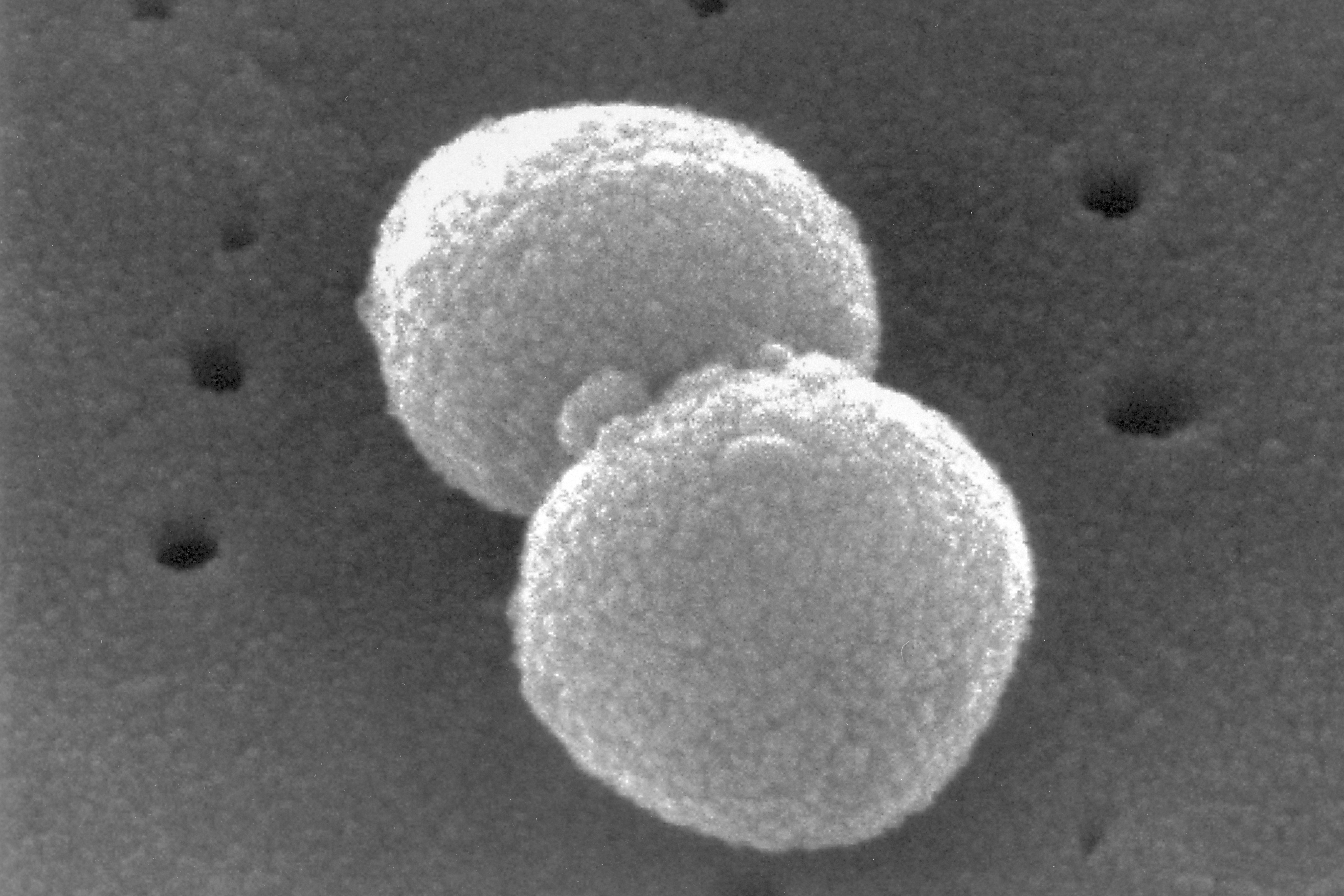People 50 and older should get pneumococcal vaccine, US science panel recommends
A scientific panel is recommending that people 50 and older get a shot against bacteria that can cause pneumonia and other dangerous illnesses

Your support helps us to tell the story
From reproductive rights to climate change to Big Tech, The Independent is on the ground when the story is developing. Whether it's investigating the financials of Elon Musk's pro-Trump PAC or producing our latest documentary, 'The A Word', which shines a light on the American women fighting for reproductive rights, we know how important it is to parse out the facts from the messaging.
At such a critical moment in US history, we need reporters on the ground. Your donation allows us to keep sending journalists to speak to both sides of the story.
The Independent is trusted by Americans across the entire political spectrum. And unlike many other quality news outlets, we choose not to lock Americans out of our reporting and analysis with paywalls. We believe quality journalism should be available to everyone, paid for by those who can afford it.
Your support makes all the difference.A scientific panel on Wednesday recommended that people 50 and older get a shot against bacteria that can cause pneumonia and other dangerous illnesses.
If the recommendation is accepted by the Centers for Disease Control and Prevention, the minimum recommended age for older adults to get the shot would be lowered from 65, where it currently stands.
The committee voted 14-1 to make the change during a meeting in Atlanta. The CDC has final say, but it almost always approves committee recommendations. The guidance is widely heeded by doctors and prompts health insurers to pay for recommended shots.
Pneumococcal shot recommendations are sometimes called the most complicated vaccination guidance that the government issues. The CDC currently recommends shots for children younger than 5 and adults 65 or older, as long as they have never been vaccinated against pneumococcal disease. Officials also recommend the shots for children and adults at increased risk for pneumococcal disease, such as those with diabetes, chronic liver disease or a weakened immune system.
There are more than 100 known types of pneumococci bacteria, which can cause serious infections in the lungs and other parts of the body. Each year, the U.S. sees roughly 30,000 cases of invasive pneumococcal disease, which includes blood infections, brain and spine inflammation, and other illnesses. About 30% of cases are among 50- to 64-year-olds.
The first pneumococcal vaccine was licensed in the U.S. in 1977, and since then pharmaceutical companies have been coming up with newer versions that target a dozen or more types in a single shot. Different vaccines have fallen in and out of favor, including Pfizer’s Prevnar 13, which was once a top-seller but is no longer available.
There are four vaccines now in use. The U.S. Food and Drug Administration this year approved the newest — Merck’s Capvaxive, which can cost around $300 a dose and protects against 21 types, including eight not included in other pneumococcal vaccines. The CDC advisory panel in June recommended the vaccine as an option for adults at higher risk.
At the time, the committee also talked about the possibility of lowering the age recommendation for older adults. They noted that illness-causing infections peak at age 55 to 59 in Black Americans — a lower age than what’s seen in white people. But the committee put off that decision until this week's meeting.
Some concerns: A booster shot may prove to be necessary, perhaps in about 15 years. And there are some new vaccines in development that could force another update to the recommendations.
“Pneumococcal has been a very confusing recommendation for many, many years and it’s hard to have a new recommendation every two or three years,” said Dr. Jamie Loehr, chair of the committee’s pneumococcal working group. He was the only person to vote against the proposal.
___
The Associated Press Health and Science Department receives support from the Howard Hughes Medical Institute’s Science and Educational Media Group. The AP is solely responsible for all content.